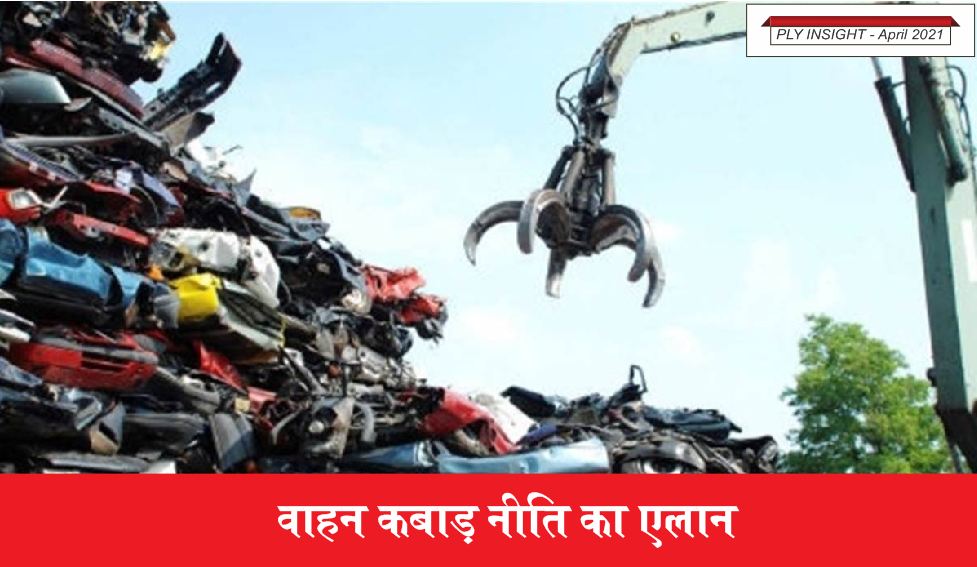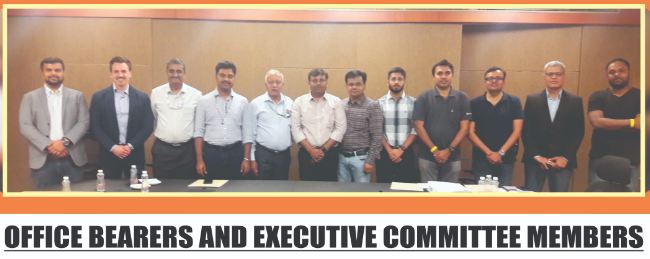Trying to Build Global Scale
- April 30, 2021
- 0
We have always disincentivised scale. For the first time, we are actively rewarding and trying to build global scale among our companies. The production-linked incentives (PLI) schemes seem well-designed and will encourage global capacities in certain sectors where India has a right to compete. These schemes combined with the changes in labor laws and lowering of corporate tax rates on new manufacturing assets to 15 per cent, give India the chance to attract global manufacturing.
This is the best chance India has had in decades to build a manufacturing footprint. The environment-be it geopolitics, or the need for supply chain resilience and the search for alternatives-is also very conducive.
Highlighting the need to grow the economic pie, respecting wealth creators and laying out the case for private sector involvement in economic activity was refreshing and also shows the government has shed its inhibitions in being seen as supportive towards business: A much-needed change and a big signal to private capital.
For the first time in years, large Indian business houses discuss new capacity creation. Their mood today is vastly different from six months ago. Profitability has started to improve as the recent results show.
India is one of has few countries that has responded to the pandemic and global recession with genuine structural reform. Farm laws, labour laws, privatization, production-linked incentive schemes, linking state level reforms to increased borrowings, these are all significant steps.
All these steps matter, as it will strengthen the case for accelerated and sustained economic growth for India coming out of the pandemic. These steps and change in attitude will improve the productivity of capital.
वैश्विक स्तर पर जाने की तैयारी
आजाद भारत के इतिहास में हमने हमेशा ही बड़े पैमाने पर जाने को हतोत्साहित किया है। पहली बार हम अपनी कंपनियों में से वैश्विक स्तर के संगठन बनाने की कोशिश कर रहे हैं। उत्पादन से जुड़ी प्रोत्साहन (पीएलआई) योजनाएं अच्छी तरह तैयार नजर आती हैं और इनसे कुछ खास क्षेत्रों में भारत प्रतिस्पद्र्धा करने लायक वैश्विक क्षमता विकसित कर पाएगा। श्रम कानूनों में किए गए बदलाव और नए विनिर्मित उत्पादों पर काॅर्पोरेट कर की दर को घटाकर 15 फीसदी कर देने से भारत को वैश्विक विनिर्माण में एक हिस्सा हासिल करने का एक मौका मिलेगा।
यह भारत को एक विनिर्माण केंद्र बनाने का दशकों में मिला सबसे अच्छा मौका है। इसके लिए जरूरी परिवेश – चाहे वह भू राजनीति को या फिर आपूर्ति श्रंखला में लचीलेपन की जरूरत और विकल्पों की तलाश हो, हालात बेहद अनुकूल हैं।
आर्थिक हिस्सेदारी बढ़ाने की जरूरत और आर्थिक गतिविधियों में निजी क्षेत्र की भागीदारी पर बल देते हुए सरकार ने कारोबारी जगत का सहयोगी दिखने को लेकर अपना संकोच पूरी तरह त्याग दिया है। यह एक बेहद जरूरी बदलाव है और निजी पूंजी को आकर्षित करने काा एक बड़ा संकेत है।
कई साल में पहली बार देश के बड़े कारोबारी घराने नई क्षमताओं के सृजन की बात कर रहे हैं। आज उनकी सोच छह महीने पहले की भी तुलना में काफी अलग हो चुकी है। हाल के नतीजे दिखाते भी हैं कि लाभपरकता में सुधार आने लगा है।
भारत उन गिने-चुने देशों में से एक है जिन्होंने कोविड-19 महामारी एवं वैश्विक मंदी की चिंताओं के बीच असली संरचनात्मक सुधार लागू किए हैं। कृषि कानून, श्रम कानून, निजीकरण, पीएलआई योजनाएं, बढ़ी उधारी को राज्य-स्तरीय सुधारों से जोड़ने जैसे कदम बेहद अहम रहे हैं। ये सारे कदम मायने रखते हैं क्योंकि इससे भारत को महामारी के बाद लगातार आर्थिक प्रगति के पथ पर तेजी से बढ़ने की ताकत मिलेगी। इन कदमों के साथ ही सोच में आए बदलाव से भी पूंजी की उत्पादकता में सुधार आएगा।
































































